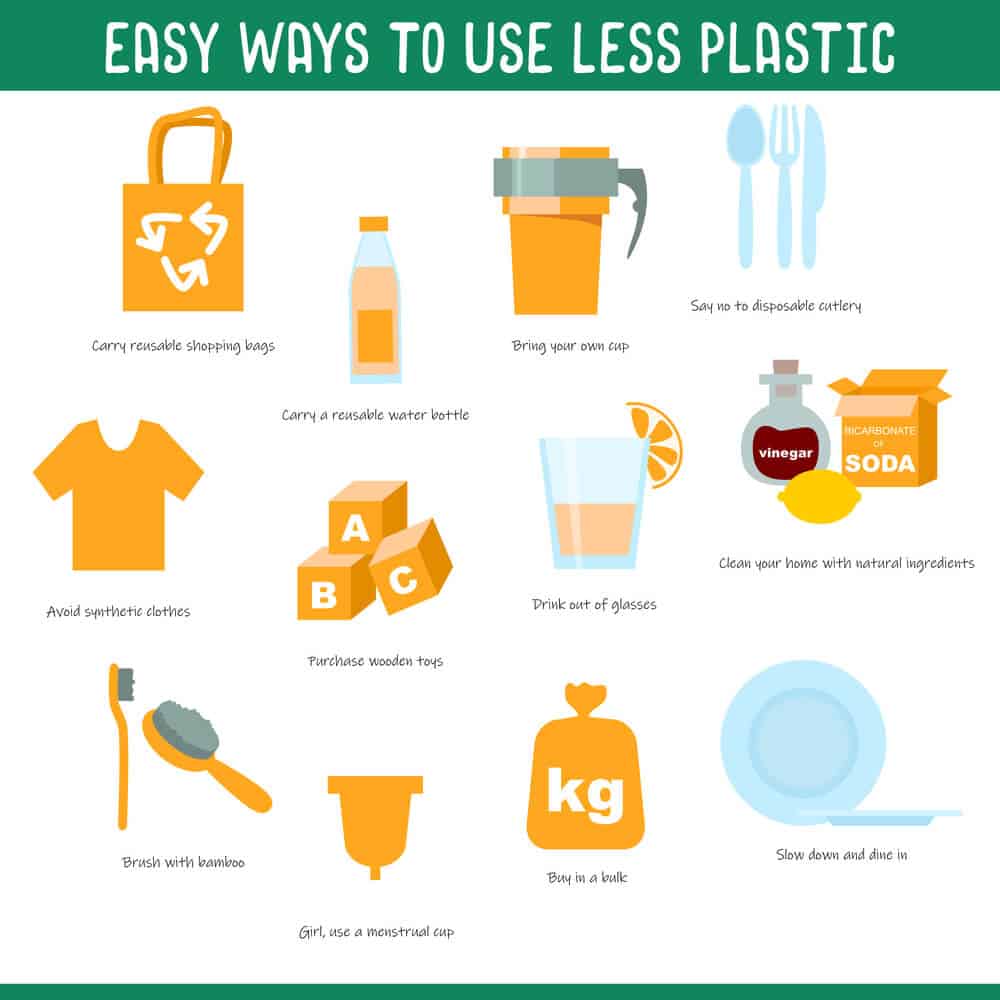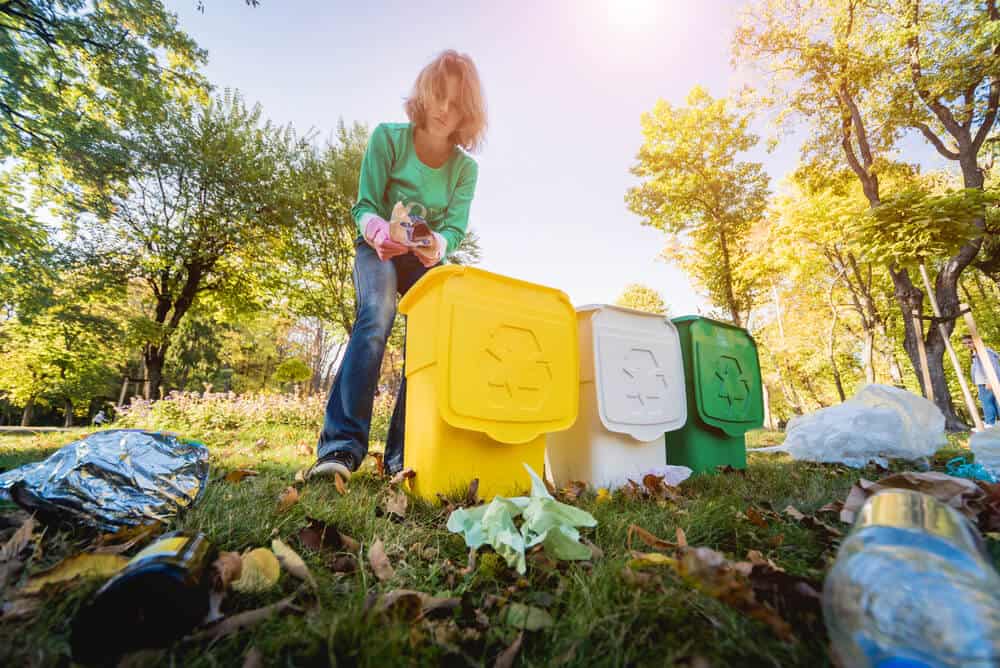Growing up in a rural setting had its advantages.
Zero waste was a way of life, not a learning process.
Unfortunately, hindsight has a way of teaching us how the full cycle of nature needs to be explored before jumping in with both feet.
Our current throw-away society evolved from moving too fast and too recklessly and leaving the cycle unfinished.
Disposing of garbage was once left to individual families that would use a metal burn barrel for paper and a hole in the ground for metal, broken glass, rubber, and hazardous waste.
However, city folk did not have the luxury of burning and digging and public waste disposals began to spring up.
This was convenient to have curbside pickup once a week and not have to worry about where the trash was going.
Before long, dumps were overflowing, the soil was becoming contaminated and rivers and fish in our waters were being killed.
How could we not see these destructive influences building and building?
Call it ignorance or focusing on the bigger and greater technological advances in our lives, but we are now at the worst point of wastefulness than we have ever been in history.
We need to concentrate on zero waste tips and get back to reduce, reuse and recycle everything that is used.
Growing Food Reduces Packaging
The word ‘leftovers’ has become an old-fashioned slang for garbage.
No foods grown in a garden had an expiration date 50 years ago.
If it looked good and smelled good, you saw those same greens or potatoes in a different recipe on the dinner table the next day.
Freezers were packed full of Thanksgiving Day turkey and bits of roast for stew.
Getting creative with cooking was the sign of a good housewife.
What happened? We can blame the woes of the world on not enough money, not enough time, and the disintegration of families, but we have no one to blame but ourselves.
Lack of respect, lack of discipline, and lack of patience has landed our society where it is today.
Before we can move forward with Zero Waste Tips for Beginners, our mindset for creating a better life and a better planet has to change.
Zero Waste for Beginners
If you are serious about becoming a zero-waste household, you have to break the habit of throwing anything away in the kitchen trash can.
Everything must be broken down according to the type of waste you have.
There are different categories of waste products.
These include:
- Solid rubbish
- Organic waste
- Recyclable rubbish
- Hazardous waste
Plastic waste is solid rubbish that is not biodegradable.
Learning about the different types of plastic and what to do with it is a feat in itself.
Not all plastic is recyclable and sooner or later will end up in the ground, but give yourself an A for effort.
You can place all plastics in your recyclable bin and the recycling plant will sift through what is usable and what is not.
Or you can put on your headphones, turn up the music and look at the bottom of each plastic container to determine which of the seven types of plastic are recyclable.
Either way, some of your plastics are going to end up in the ground.
Here are the seven different types if you want to give it a try.
1) Polyethylene Terephthalate (PETE) — Clear drink bottles with a bubbled bottom and tough black food trays are common examples of PETE. This type of plastic is recyclable but not lids.
2) High-Density Polyethylene (HDPE) — Milk jugs, laundry detergent bottles, and bleach bottles are made from HDPE plastic. These are recyclable and can be placed in a recycling container.
3) Polyvinyl Chloride (PVC – U) — This is a thinner type of plastic that often holds water. You can feel the weakness of the material, and it crinkles when bent. Also used for toys and food trays. Very seldom recyclable.
4) Low-Density Polyethylene (LDPE) – Items like plastic wrap, plastic bags or cling film that is used for food covering. Rarely able to be recycled.
5) Polypropylene (PP) — Bottle caps, margarine tubs, or soup containers fall into this category. Easily shattered and not recyclable.
6) Polystyrene or Styrofoam (PS) — Insulated cups, packaging for shipping or some trays. Material shreds when torn. Cannot be recycled.
7) OTHER — Every other type of plastic is lumped into the number seven category and is seldom recycled.
Think of everything in your home that is made of plastic.
Furniture, small appliances, wiring, eyeglasses, cases, and more are made from plastic and cannot be recycled.
Plastics that cannot be recycled are one of the biggest landfill deposits of all.
This is not counting the plastic bags that end up in our rivers and streams.
Many grocery stores are placing containers for people to deposit their plastic bags.
Get as much use as you can out of these bags before throwing them away.
Other types of solid rubbish consist of paper, cardboard, tin, metal, ceramic, and glass.
Paper and cardboard can be recycled.
Tin, metal, ceramic, and glass have to be taken to special recycling banks.
Organic waste consists of food scraps and yard and garden waste.
Much of this can be turned into compost for gardening.
This completes the life cycle of nature in using old and new in sustaining life.
Just as leaves fertilize the grass in the autumn, decomposing food can feed your garden soil.
Keep a covered container by the kitchen sink for scraping bits of food into.

They will do the earth a lot more good by being ground up and spread in the garden than ending up in a landfill causing methane gas.
Recyclable rubbish is some plastics, glass, metal, aluminum, wood, and paper.
They should be cleaned from food and dirt before placing in your recyclable container.
Soiled pieces cannot be used in the recycling process and will end up in the ground.
Hazardous waste has always been a problem.
Light bulbs, batteries, electronics, paint, and electrical cords are examples of items that are dangerous.
Due to toxins or corrosive matter.
You may have to investigate local trash companies to find a site for safe handling.
Consider Repurposing
Just because the life of a container or object no longer serves its purpose, consider other uses it may have. This is an awesome way to introduce zero waste for beginners. We have seen this with apparel and furniture for years. Donate to those less fortunate. Not everything has to have a price tag attached. Instead of buying new plastic containers, look around your house and see if something made of glass, wood, or ceramic could not work just as well.
12 Popular Zero Waste Tips for Beginner
Zero waste for beginners is a process.
Trying to accomplish zero waste tips on the first day will bring you disappointment.
There is just too much to do in this new lifestyle.
Follow these zero waste tips to make your new methods of waste reduction as simple and time saving as possible.
1. Come up with a plan. Start with empty trash containers and question everything that is thrown in them.
You will probably have more questions than answers when you first begin. Example: used tissues are biodegradable and can be used as compost.
Clean tissues should go into the paper recyclable pile as can toilet paper rolls or q-tips. Write down all questionable items and create a list to follow. Answers can be found online, but it may take a while.
2. Keep two separate containers in each room for recyclable and non-recyclable solid trash. The kitchen will also need a composite container for food scraps, vegetable peelings and other organic items.
3. If you have children, this is the perfect time to fill their heads with ideas on how to help our planet. Let them know that it is up to their generation to undo all the mistakes that their parents have made. They can look up different items for recycling, check waste containers for offenders, and make compost.
4. Learn to cook more instead of buying fast food and frozen meals. Many containers for prepared meals are not recyclable, plus the meals have additives and dyes that are harmful. Fresh foods are more nutritious and the compost is wonderful for all living plants.
5. Start a garden. It doesn’t have to be large. Gardening is an art that has to be perfected and learning can be very soothing. Grow a tomato plant in a pot or plant weather-resistant beans and root vegetables. Start slow before attempting too much and failing.
6. Repurpose as much as possible. Even if you have no use for wood pieces, old furniture or have too many glass jars, someone else will take for free and put to good use.
7. Check the internet for new recycling programs in your area and spread the word or start a neighborhood pickup day to get others involved. Believe it or not, some people even pay for fresh compost.
8. Do away with junk mail by contacting companies and requesting that your name be removed. Think of all the advertisements that go straight to your recycling bin.
9. Eliminate the use of plastic bags. Purchase an earthbag for shopping. There is little use for plastic bags once they arrive at your house. A few could be used as small trash can liners but eventually, end up in the landfill.
10. Use ceramic or glass cups and tumblers for drinks instead of Styrofoam and plastic. These can easily be found at garage sales. The older glass was made thicker than today’s manufacturing standards and will last forever.
11. Purchase a good-quality Stainless Steel drinking bottle and buy your drinking water in bulk. This may not be as convenient as individual plastic drinking bottles, but far more protective of the earth and our health. Plastic bottles can leach chemicals into the water and contaminate the liquid.
12. Paper milk cartons are perfect for holding used cooking oil. While neither is recyclable, they are both biodegradable and will do little damage to the ground. Grease can also be used in compost and makes an excellent weed killer.
Zero waste for beginners is a learning process.
Look at zero waste tips as breaking a bad habit that has taken control of our lives.
Our children learn by example and most have no respect for our planet.
Teach them to do their part in recycling, reusing, and reducing the waste in our world. The road may seem long and unachievable, but can be led by example.


